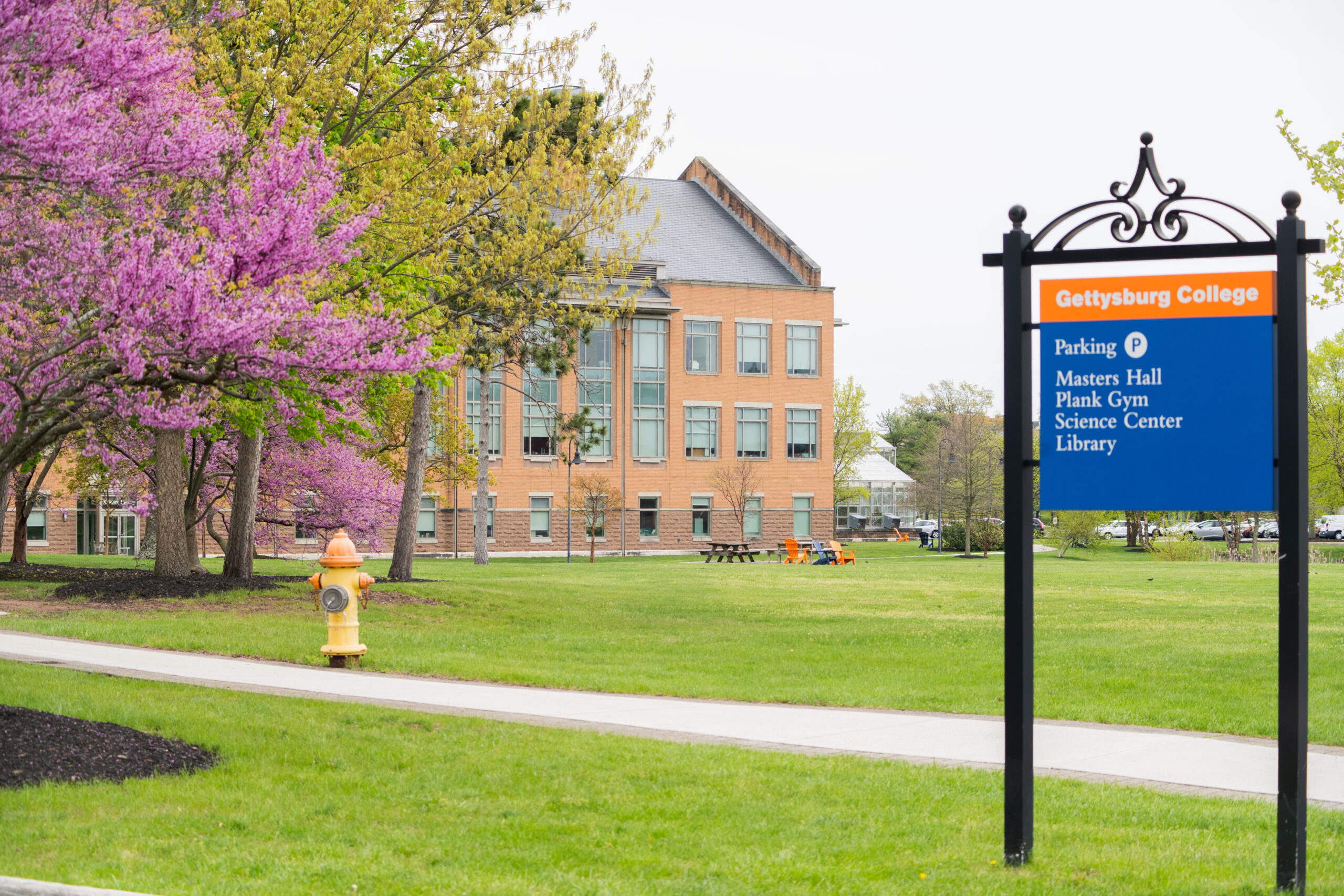Opinion: The Vital Role of Narcan Accessibility in Preventing Overdoses

(William Oehler/The Gettysburgian)
By Reese Koch, Guest Columnist
Narcan, also known as naloxone, is a vital medication used to quickly reverse the respiratory depression caused by opioid overdose. With the opioid crisis affecting communities nationwide, college campuses are also seeing its impact. Over five-thousand Pennsylvanians die every year from opioid overdoses, with almost thirty percent of those victims being people from the ages of 19 to 29. The availability of Narcan on campuses has become increasingly important, as many overdoses involve young adults. Ensuring that Narcan is accessible, while also promoting education and awareness, can save lives and create a more secure environment for students.
Narcan works by blocking opioid receptors in the brain, which helps to reverse the effects of an overdose. Once administered, the drug acts within minutes, allowing breathing to return to normal and reducing the risk of brain damage or death. It is a non-addictive drug with no potential for misuse and is safe to use even if the person is not experiencing an opioid overdose. Narcan comes in both injectable and nasal spray forms, with the nasal spray being the more commonly used option due to its simplicity.
Narcan availability on campuses is crucial in preventing overdose deaths. Since an overdose can turn deadly in a matter of minutes, immediate access to Narcan in dorms, health centers, and public areas is essential. Equally important is training students, campus security, and staff on how to recognize an overdose and properly administer Narcan. In many cases, the person nearest to the overdose victim has the power to save a life before emergency responders can arrive.
The opioid crisis has affected a wide range of people, including college students. While alcohol is still the most prevalent substance used by students, opioids, whether prescription medications or illicit drugs like heroin or fentanyl, pose a significant threat. Research from the National Institute on Drug Abuse shows that young adults aged 18 to 25 are particularly at risk for opioid abuse, often starting with the misuse of prescription painkillers. Many students may initially take prescription opioids for legitimate medical reasons, such as after an injury or surgery. However, the risk of dependency is high, and some may begin using opioids recreationally, unaware of the dangers, especially when combined with other substances like alcohol. Fentanyl, a powerful synthetic opioid far stronger than heroin, is increasingly found in counterfeit pills and recreational drugs, leading to accidental overdoses.
A significant barrier to Narcan programs is the stigma around drug use. Some believe that providing Narcan could promote drug use, but this is a misconception. Research shows that access to Narcan does not encourage drug use but serves as a crucial safety measure for those who might experience an overdose. When Narcan programs are paired with broader harm reduction and drug safety education, they foster a culture of empathy and responsibility, helping to dismantle the stigma associated with addiction.
In conclusion, Narcan is more than just an overdose antidote; it’s a lifesaving tool that must be readily available on college campuses. With opioid overdoses on the rise among young adults, making Narcan accessible and ensuring students understand how to use it can save lives. By promoting Narcan distribution and educational initiatives, colleges can create a safer environment and prevent tragedies before they even occur.
Narcan can be accessed at Campus Safety, the Health Center, in Musselman Library, as well as the Gettysburg Police Department during an emergency. If you need help or need to help a friend or loved one in crisis, please call 988 or the National Rehab Hotline at 866-210-1303.
This article originally appeared on page 16 of the No. 1 October 2024 edition of The Gettysburgian’s magazine.
